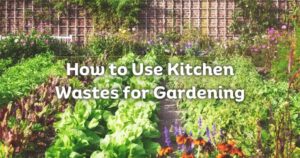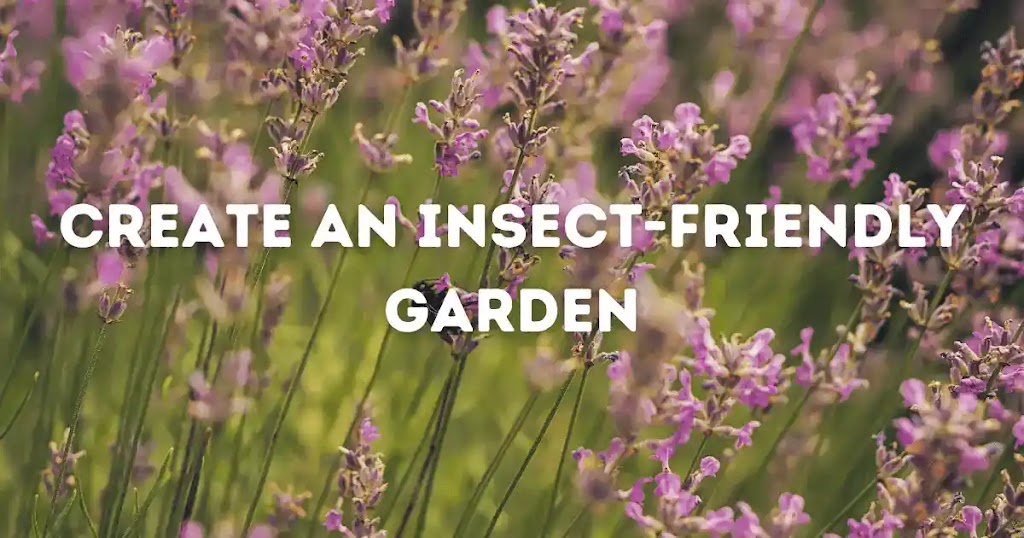In the whirlwind of modern life, kitchens often make a surplus of waste. Yet, within these wastes lies a great potential, a great material for nurturing beautiful gardens. Utilizing kitchen waste for gardening not only lessens landfill burden but also revitalizes soil health and quality offering an organic, cost-effective solution for enthusiastic gardeners. It may seem to be difficult to compost food waste for beginners. But it is not that difficult if you know the proper ways to turn kitchen scraps into compost.
Valuable Kitchen Waste for Gardening
There are many useful kitchen wastes that serve as a boon for gardens, especially in the context of using kitchen scraps as fertilizer. Fruit and vegetable scraps, coffee grounds, tea leaves, eggshells, and paper products like cardboard and newspaper possess inherent qualities ideal for nurturing garden ecosystems. Each element has unique nutritional or structural benefits, creating a relationship between waste and garden growth.
How to Compost Food Waste?
At the core of sustainable gardening lies the alchemical process of composting food waste, particularly for beginners. Establishing a composting system involves layering kitchen scraps with dry materials to keep a balance between nitrogen-rich “green” waste and carbon-rich “brown” waste. This practice is essential for getting the best benefits of composting food waste, and regularly turning the compost heap nurtures airflow, accelerating decomposition. The transformation from kitchen waste into humus-rich compost creates a great source of vital nutrients for flourishing garden beds.
Specific Kitchen Waste as Natural Fertilizer
Fruit and Vegetable Scraps for Nutrient-Rich Elixirs
Discarded peels and greens, have a vast nutritional potential, especially in terms of utilizing kitchen scraps as fertilizer. Blending these scraps with water creates potassium-laden elixirs, offering essential minerals to plants via direct soil application or foliar spray.
Coffee Grounds and Tea Leaves for Soil Nourishment
Embrace the nitrogen-rich goodness of coffee grounds and tea leaves to enrich the soil. Sprinkling coffee grounds around acid-loving plants or infusing them into compost contributes significantly to kitchen scraps compost and invigorates microbial life. Scatter tea leaves to deter pests and enhance the soil’s vitality.
Using Eggshells as Fertilizer
Calcium-rich crushed eggshells benefit from fortifying plant growth and mitigate issues like blossom end rot. You can scatter crushed shells around plant bases for enhanced resilience.
Waste Paper to Organic Fertilizer
Utilize cardboard and newspaper as natural weed barriers in garden beds, aiding in kitchen waste compost. Beyond suppressing weed growth, they facilitate water and nutrient penetration, gradually decomposing to enrich the soil’s organic matter.
Expanding Kitchen Waste Utilization in Gardening
Citrus Peels for Natural Pest Repellents
Utilize citrus peels, known for their strong scent, as natural deterrents for pests, adding to the multifunctional aspect of kitchen waste. Placing citrus peels around garden beds may help you get rid of unwanted insects without using harmful chemicals.
Stale Bread and Pasta for Composting
Stale bread and pasta, when broken down, contribute to compost as carbon-rich materials, which is an innovative addition to kitchen waste compost. Moderately adding these items enhances compost structure and balance.
Herb Stems and Leaves for Homemade Fertilizers
Don’t discard herb stems and leaves; they’re perfect for creating nutrient-rich herbal fertilizers.
Embracing Holistic Sustainable Gardening Practices
Beyond kitchen waste, sustainable gardening encompasses holistic practices for environmental harmony, emphasizing the benefits of composting food waste:
Rainwater Harvesting Techniques
Maximize water conservation by collecting rainwater for garden irrigation, reducing dependence on treated water sources, which is a crucial aspect linked to sustainable gardening practices.
Crop Diversity and Soil Health
Embrace crop diversity and rotation to maintain soil fertility and minimize disease buildup. This is another crucial element when discussing kitchen waste compost and its benefits in gardening.
Beneficial Insect Habitats and Pollinator Gardens
Cultivate spaces that attract beneficial insects and pollinators, fostering a balanced ecosystem within your garden. This is a great practice to consider alongside kitchen waste composting for sustainable gardening.
Benefits of Homemade Fertilizer
Transforming kitchen waste into compost for gardening epitomizes our dedication to sustainable living which emphasizes the benefits of composting food waste in gardening. By repurposing scraps, nurturing organic compost, and adopting eco-conscious gardening, we foster a profound connection with nature while cultivating thriving gardens. It showcases the synergy between kitchen waste compost and sustainable practices. Let’s continue this journey, sustaining our gardens through mindful practices. Let’s witness the remarkable harmony between our lifestyles and the environment, particularly in the realm of kitchen waste compost.

